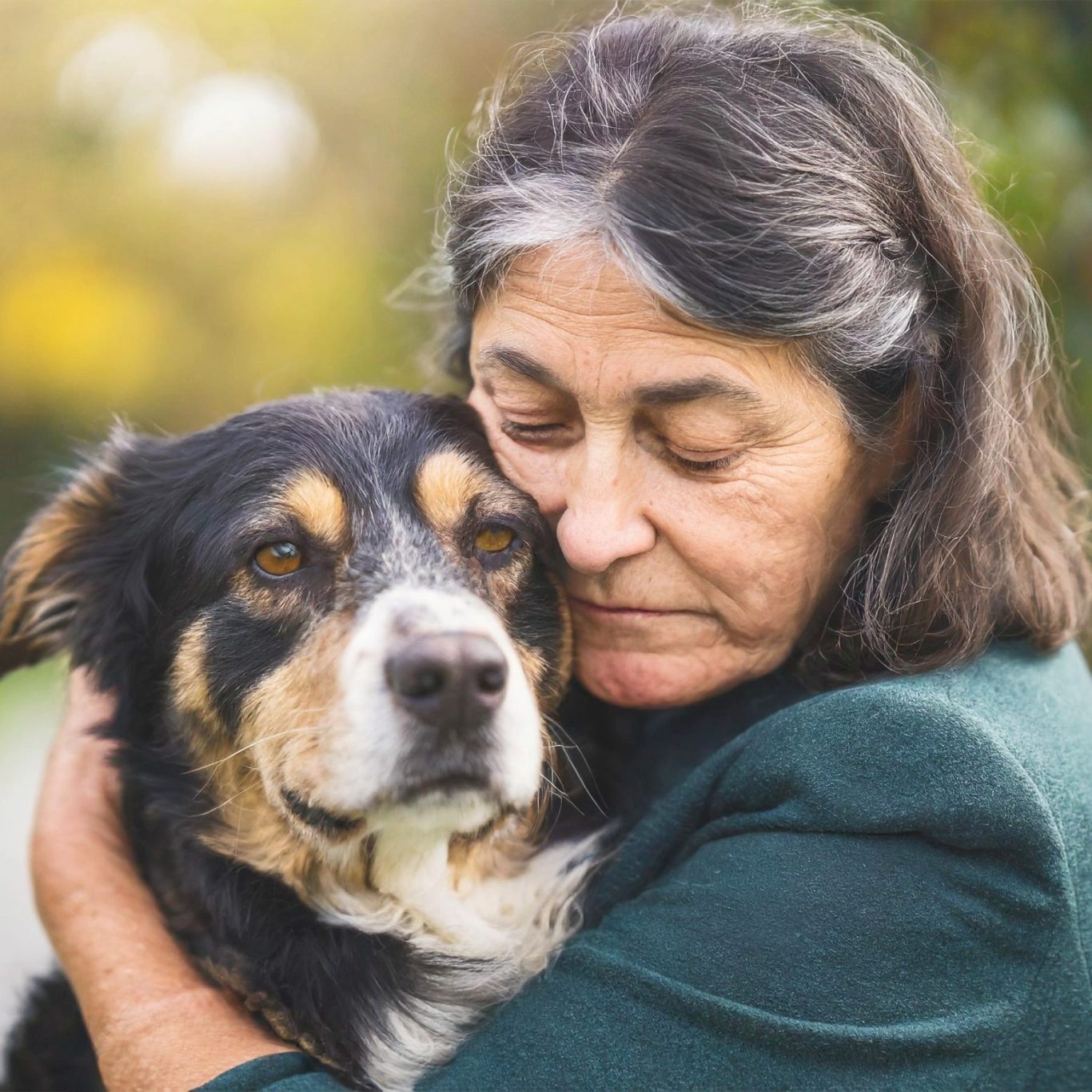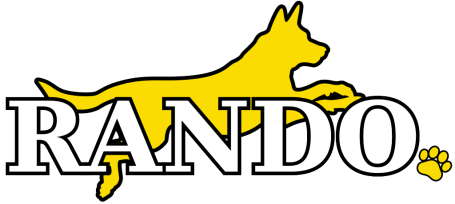The Power of Routine: How Consistency Can Help Anxious Dogs
For many dogs, the world can be an unpredictable and overwhelming place. Loud noises, unfamiliar faces, and sudden changes can trigger anxiety, leaving our furry friends feeling stressed and insecure. While there are many ways to help an anxious dog, one of the most powerful tools is often overlooked: routine. Consistency in daily life can provide a sense of stability and security, helping anxious dogs feel more confident and calm.
In this blog, we’ll explore how establishing a routine can benefit your anxious dog and offer practical tips to how to create a structured environment.
Why Routine Matters for Anxious Dogs
Dogs are creatures of habit. They thrive on predictability and structure, which helps them understand what to expect and when. For anxious dogs, a consistent routine can be especially comforting. It reduces uncertainty, minimizes stress, and provides a framework that makes the world feel less chaotic. Here’s how routine can help:

Reduces Anxiety:
Knowing what comes next can help alleviate the fear of the unknown, which is a common trigger for anxiety.

Improves Behaviour:
Routine can help curb anxiety driven behaviours, such as excessive barking, chewing, or pacing.

Builds Confidence:
A predictable routine allows dogs to anticipate events, making them feel more in control of their environment.

Strengthens the Bond:
Consistent interactions and activities foster trust between you and your dog, reinforcing your role as a source of safety and comfort.
Key Elements of a Dog Friendly Routine
Creating a routine for your anxious dog doesn’t have to be complicated. The goal is to establish a predictable schedule that meets their physical, mental, and emotional needs. Here are the key elements to include:
1. Regular Feeding Times
Feed your dog at the same times each day. Consistent mealtimes not only regulate their digestion but also provide a sense of security. If your dog is food motivated, use mealtime as an opportunity to reinforce positive behaviours.
2. Scheduled Exercise
Physical activity is essential for reducing anxiety and burning off excess energy. Aim for daily walks, play sessions, or other forms of exercise at the same time each day. This helps your dog anticipate and look forward to these activities.
3. Structured Play and Training
Incorporate short training sessions or interactive play into your daily routine. Mental stimulation is just as important as physical exercise for anxious dogs. Use positive reinforcement to build their confidence and strengthen your bond.
4. Designated Quiet Time
Anxious dogs need downtime to relax and recharge. Create a calm, quiet space where your dog can retreat when they feel overwhelmed. Encourage them to use this space at the same time each day, such as after a walk or play session.
5. Consistent Bedtime
Establish a regular bedtime routine to help your dog wind down at the end of the day. This could include a short walk, a calming massage, or simply settling into their bed with a favourite toy.
6. Predictable Social Interactions
If your dog is anxious around people or other animals, introduce social interactions gradually and consistently. For example, schedule visits from familiar friends or playdates with well-known dogs at the same time each week.
Tips for Maintaining a Consistent Routine
While establishing a routine is important, maintaining it is equally crucial. Here are some tips to help you stay consistent:
Start Small:
Introduce one or two elements of the routine at a time to avoid overwhelming your dog.
Use Visual Cues:
Dogs respond well to visual and auditory cues. For example, always use the same lead for walks or play a specific song before mealtime.

Be Patient:
It may take time for your dog to adjust to the new schedule. Stay consistent and offer plenty of encouragement.
Stay Flexible:
While consistency is key, life can sometimes disrupt routines. If changes are unavoidable, try to maintain as much of the routine as possible and provide extra reassurance to your dog.
The Long-Term Benefits of Routine
Over time, a consistent routine can transform your anxious dog’s behaviour and overall well-being. They’ll feel more secure, confident, and less reactive to stressors. Additionally, a structured routine can make it easier to identify triggers and address underlying issues, such as separation anxiety or noise phobias.
For anxious dogs, routine is more than just a schedule, it’s a lifeline. By providing structure and predictability, you’re giving your dog the tools they need to navigate the world with confidence. Remember, every dog is unique, so tailor the routine to suit your dog’s individual needs and preferences. With patience, consistency, and love, you can help your anxious pup lead a happier, more balanced life.
So, take the first step today. Establish a routine, stick to it, and watch as your dog blossoms into a calmer, more confident companion. After all, a little consistency can go a long way in creating a peaceful and harmonious life for both you and your furry friend.
Want to read more blogs for Reactive, Anxious, Nervous Dog Owners? Access them here...
Enjoyed the Blog? Why Not Leave Us A Comment?
We need your consent to load the translations
We use a third-party service to translate the website content that may collect data about your activity. Please review the details in the privacy policy and accept the service to view the translations.
